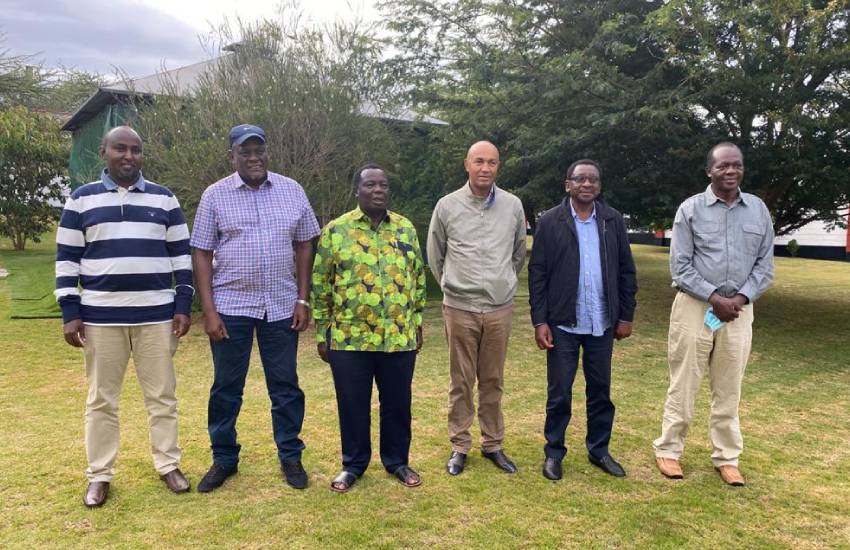
Proponents of the Building Bridges Initiative (BBI) now mull a July referendum following a standoff occasioned by MPs’ demands to make amendments to certain proposals.
A high-level political meeting at Central Organisation of Trade Unions (Cotu) Secretary-General Francis Atwoli on Sunday resolved to adjust the timelines to accommodate the delays occasioned by the disagreement within the joint team of the Senate Committee on Justice, Legal Affairs and Human Rights and National Assembly’s Justice and the Legal Affairs Committee (JLAIC).